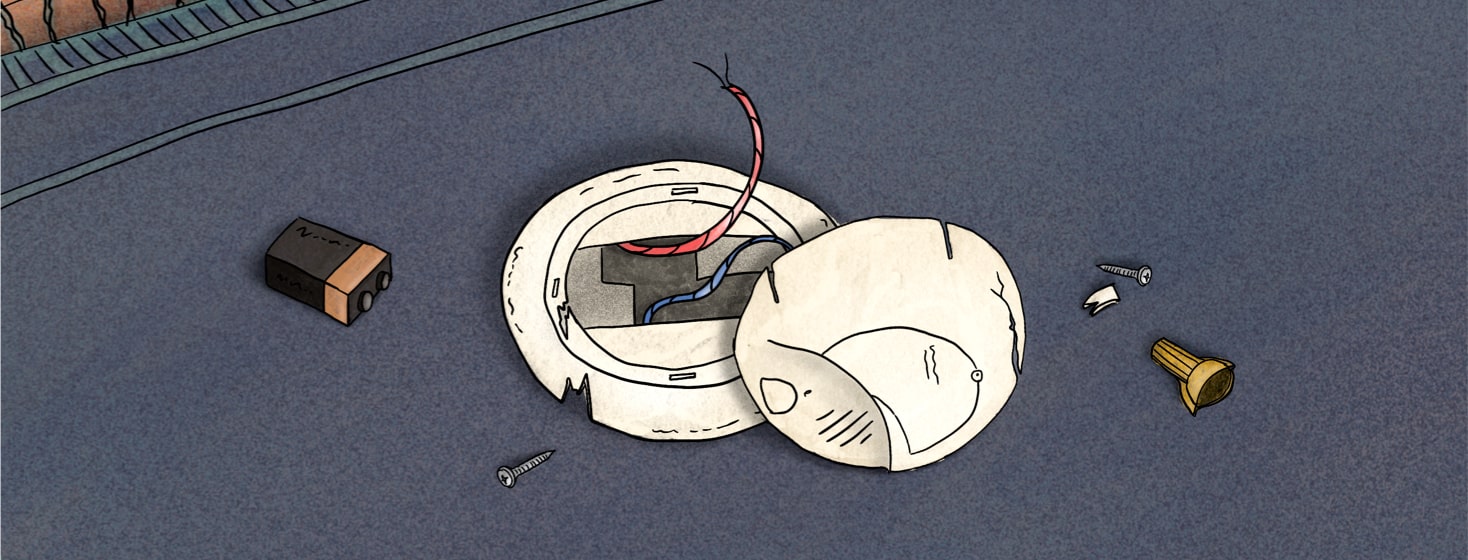Perimenopause and Insomnia: I Am Never Going to Sleep Again
I am in late perimenopause and have all the fun issues that go along with it. That is okay. I will adjust to it. I am certainly not thrilled about such wonderful things as having both acne and wrinkles, but it will be okay. Does that sound believable?
There is 1 thing that really bothers me, and I am beginning to think I will never adjust to it. Thanks to hormonal issues during perimenopause, insomnia is worsened.
If you have never experienced insomnia before you reached perimenopause, welcome to the party. I am sorry that you have arrived because this is truly the worst. You do not want a standing invitation to attend. If you can manage to get yourself off the guest list, do it.
Temperature changes wake me up
One of the easiest ways to keep me awake is to set the thermostat at a temperature 1 degree warmer than I would like. The slightest change of temperature will wake me. If I get the least bit warm, I wake up and cannot go back to sleep until I return to the proper temperature.
Unfortunately, this is not a matter of changing the setting on the thermostat. I am talking about night sweats. My internal thermostat is going off the rails. During times when I am experiencing a lot of night sweats, I am not sleeping much at all. This seems to be more frequent as of late, and I fear I am never going to sleep again.
Even the smallest bit of noise wakes me
I remember reading that insomnia was 1 of the many symptoms of perimenopause. I laughed. Years of dealing with insomnia meant I would not notice a difference. Wrong. Wrong, wrong, wrong. It was honestly a surprise to realize just how much worse it could be.
I have always been a light sleeper, but now I wake if a leaf blows across the lawn of a house in California. (I live in Tennessee.) The slightest bump in the night has me wide awake. When the dog rolls over in the other room, my eyes pop open. It is as if every little noise is tapping on my eardrum to jolt me awake.
Mood swings agitate insomnia
Of course, perimenopause also involves some changes in mood. I am normally agitated when it comes to sleep, but this is much worse. There is a light on the carbon monoxide detector. When I wake up and see that small green light, I am awake for at least half an hour.
I want to smash it to bits, and I would if my anxiety did not convince me that the minute I smashed it I would “wake up dead” thanks to carbon monoxide poisoning. Covering up the light is not an option, either. How would I know if it stopped working if I cover the light? Perimenopause fuels anxiety, and anxiety fuels insomnia. Rinse, lather, repeat. Stop this ride. I want off.
Riding out the fun of perimenopause
Perimenopause offers many fun adventures, but making my insomnia worse is the worst of the worse for me. I honestly feel like I am never going to sleep again. I drag through most days and lie awake each night. The exhaustion is overwhelming at times, but I am usually too tired to sleep.
Due to the history of breast cancer in my family, hormone replacement therapy has never been on the table for me. I am riding this ride until the wheels fall off. So, I am stuck in a cycle of agitation, sleeplessness, exhaustion, and the ridiculousness of adult acne. I often tell people this is puberty in reverse, and this is quite true in many ways.
Seeking solutions to get more sleep
Some of you may have already tackled this beast. Some of you may have already found a solution to this problem. Aside from sleeping inside a walk-in cooler, smashing the carbon monoxide detector to bits, and silencing everything in the northern hemisphere, I have no idea how I can manage to get more sleep.
Have you found a solution? I am open to suggestions. Spill ‘em if you got ‘em before I resort to having a cartoon-ish character hit me over the head with a wooden mallet to knock me out for the night.

Join the conversation